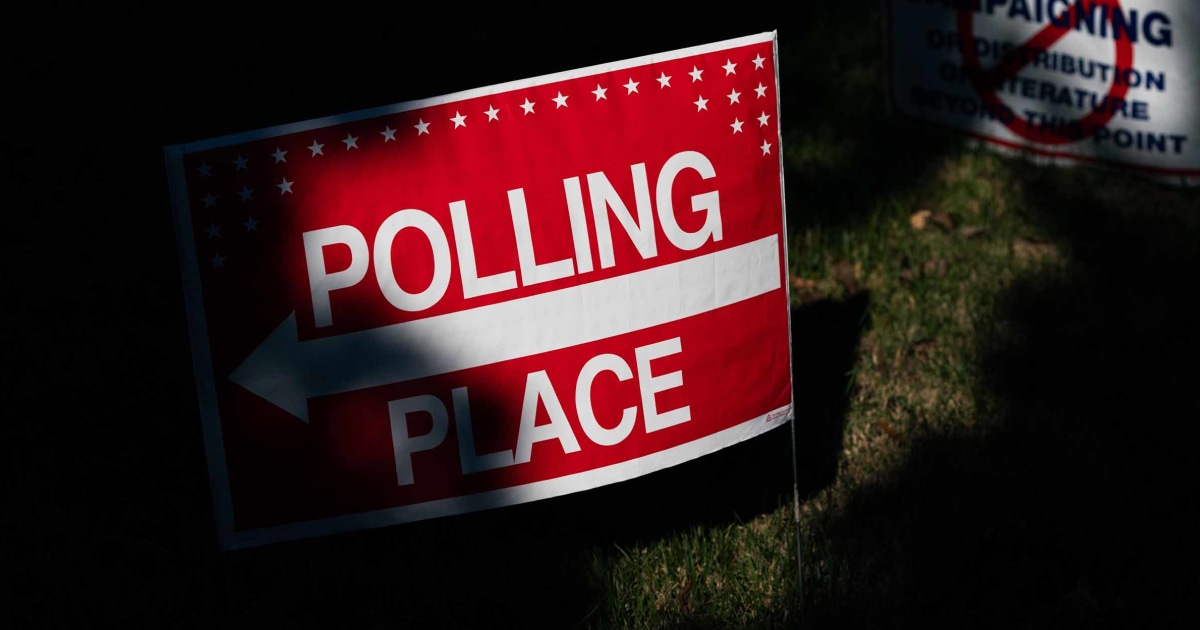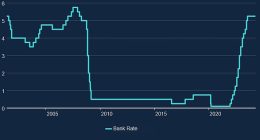
RALEIGH, N.C. — The Republican-controlled North Carolina legislature finalized a far-reaching elections bill late Wednesday that would end a grace period for counting mailed absentee ballots, toughen same-day registration rules and empower partisan observers at polling places.
The House voted 69-47 for changes it made to a measure that the Senate passed in June, followed quickly by senators agreeing to those alterations by a similar party-line vote of 27-18.
GOP supporters and their allies argue the changes are needed to streamline election activities in a growing state and to restore the people’s confidence and trust in voting and the results. The first election that most changes would affect is a primary next March.
“The aim of the bill is to improve our elections,” Rep. Grey Mills, an Iredell County Republican shepherding the measure, told House colleagues earlier Wednesday. “All of it aims to make our processes on Election Day, during early voting, mail-in ballots … more efficient and to make it more user-friendly.”
But Democrats and voter advocacy groups contend many provisions would actually suppress voting and increase the risk for intimidation within voting places in a state with a history of racial discrimination.
“I fear that this bill will make it harder to vote,” Rep. Allen Buansi, an Orange County Democrat, said during House floor debate. “We have an election system that has stood the test of time, and this bill unfortunately threatens that.”
The bill now goes to Democratic Gov. Roy Cooper, who has previously successfully vetoed three provisions contained again within the 40-plus page bill — including the absentee ballot deadline change. In a statement before Wednesday’s votes, he lamented efforts by lawmakers to pass legislation that “hurts the freedom to vote.”
With Republicans this year holding narrow veto-proof majorities in both chambers, another Cooper veto would likely be overridden.
The nation’s ninth-largest state is considered a presidential battleground, and the 2024 race for governor is expected to be highly competitive. The state’s 7.3 million voters already must learn the rules for showing photo voter identification starting with this fall’s municipal elections after the state Supreme Court upheld a 2018 law in April.
The omnibus measure would again attempt to require that traditional absentee ballots be received by county election offices by the time in-person balloting ends at 7:30 p.m. on the date of the election. Current law allows up to three days after the election for a mailed-in ballot envelope to be received if it’s postmarked by the election date.
Critics of the change say the end of the grace period leaves last-minute voters at the mercy of the U.S. Postal Service, and will disenfranchise them.
But Republicans argue that all voters should follow the same deadline regardless of voting preference and that state election officials would communicate with the public about the deadline change. A majority of states require that absentee ballots arrive on or before the election date.
Another previously vetoed provision in the bill would direct state courts to send information to election officials about potential jurors being disqualified because they aren’t U.S. citizens. Those people could then be removed from voter rolls.
Also previously vetoed — and reincluded in the latest version of the bill — is language barring election boards and county officials from accepting private money to administer elections. A House amendment — the only one of 17 offered by Democrats on Wednesday that passed the chamber — would provide an exception for county boards to accept in-kind-contributions for writing pens or for food and drink for precinct workers.
The provision toughening same-day registration rules is in response to concerns by Republicans that some people who both register to vote and cast ballots late in the 17-day early-voting period are having their votes counted although election officials later determine they aren’t qualified.
The new language says a same-day registrant’s ballot won’t count if their mailed voter registration card is returned to county election officials as undeliverable by the day before a county’s final ballot count. Current law requires two undeliverable mailings.
The latest version of the bill also more clearly spells out what poll observers who are chosen by political parties can and can’t do.
For example, an observer could take notes in the voting place, and listen to a conversation between a voter and an election official as long as it’s about election administration. But the person couldn’t take a picture of a marked ballot or impede a voter from entering or leaving the voting place. Mills said the bill language still gives precinct judges control over voting places.
Source: | This article originally belongs to Nbcnews.com










